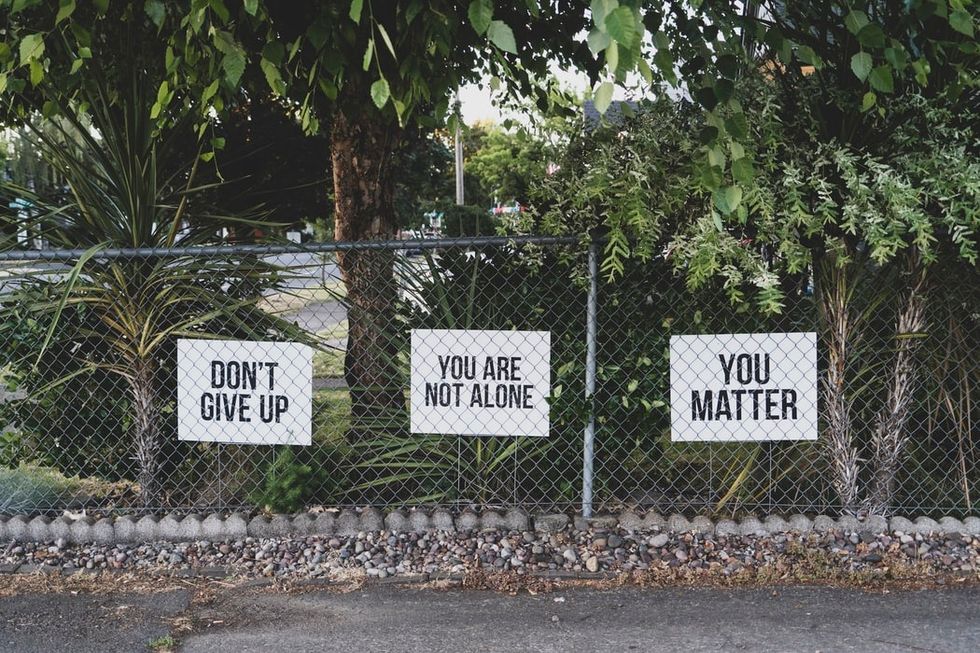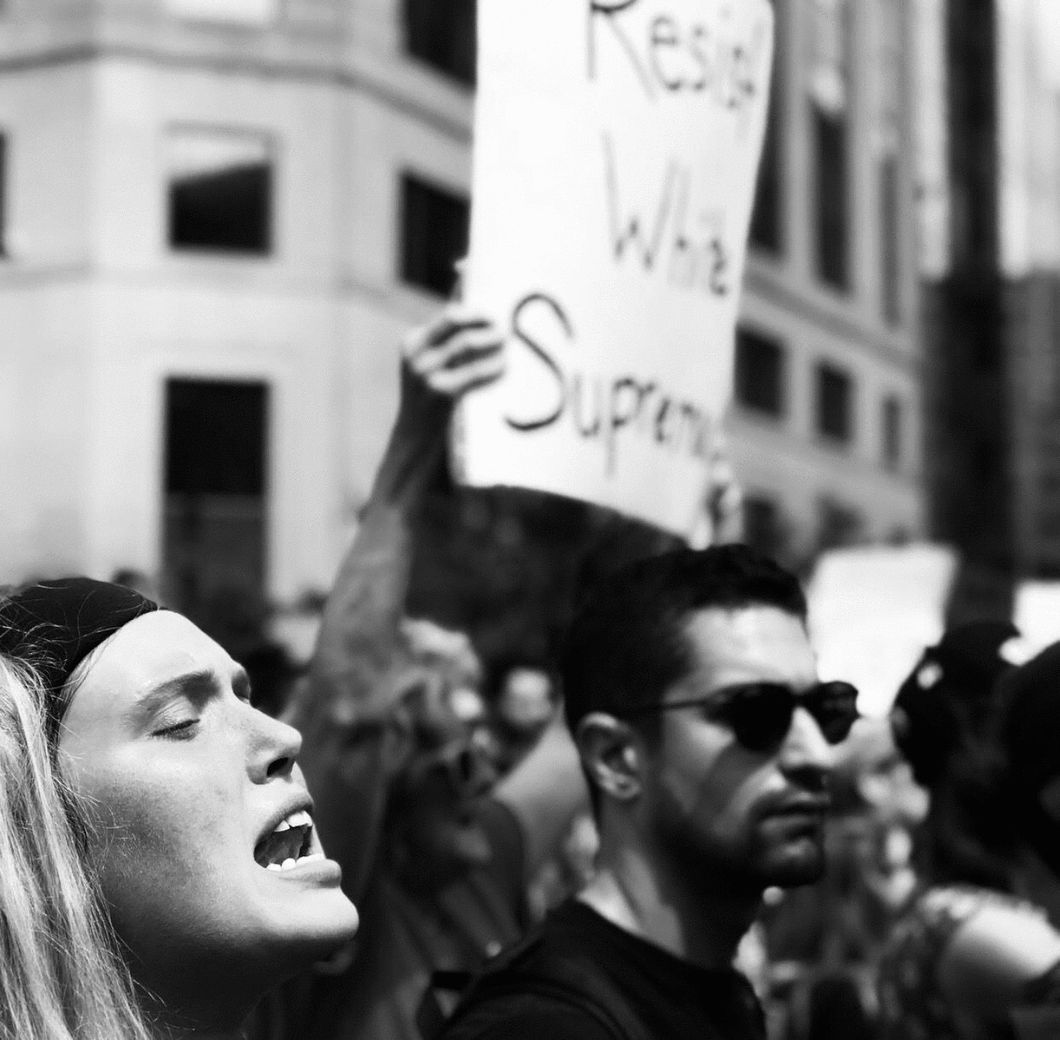Stop Worrying About How Homeless People Spend Your Money
And how would we feel if we had overlords who judged and policed each of our life decisions and financial choices, who think they know what's best for us when they haven't lived our lives, people who treat us with no love or compassion?
As I entered a gas station in East Baltimore the other day, a homeless man opened the door for me and asked if I can give him a dollar for a meal. I gave him five, and went about my day, more than I would usually give since I don't normally carry cash.
But that encounter got me thinking about the usual misgivings in our minds for why we don't give to the homeless, and those misgivings usually say "what if he/she is not actually homeless and just swindling me?" or "what if he/she is going to use my money to buy drugs?"
Let me preface by saying that I have the same thoughts sometimes, even when I do give. I'm not better than anyone, but I am someone who thinks a lot and this article is as much an attempt to work on those preconceived biases that we all probably have, and moving past them. I know it's not right to ask those questions and have those biases, but we all have them and it's alright to have them because we can engage in the effort of moving past them.
To the first point of whether a person is actually homeless or a professional, I don't think about it too much because it's not an important question to me. I cannot imagine what it's like to stand on the sidewalk or in the middle of the street holding up a cup or a sign, subject to incredibly demeaning comments from passersby. If they're a professional beggar, then so be it. One responder to a Quora thread, with the username JB Querencia, as someone who has begged on the street, brilliantly illuminates why we shouldn't even ask about the difference, far better than I ever could:
"There is very little that is desirable to anyone about the experience of sitting or standing at a corner and having people tell you to get a fucking job, you lazy piece of shit all day—if they acknowledge you at all, though most people just decide you're not a human being so pretend not to see you. And it's not a profession where you earn very much, either. Would you rather sit on a corner in the rain and have people call you names for eight hours and earn sixty dollars if you're very lucky, or wash dishes for eight hours at minimum wage and earn eighty? Don't presume there's anything easy or pleasant about begging."
Wow. And the numbers back up the fact that panhandling is not a very profitable profession in the slightest, as a "career panhandler" who devotes their time overwhelmingly to begging makes between $600 to $1500 a month.
This article, however, is mainly focused on tackling the thoughts we have of how homeless people would spend the money we give. "What if they use the money to buy drugs?" is often justification for not giving, but it is a bias with far more maliciously grand implications than just stopping people from giving.
It is indicative of the fact that we're giving money for homeless people to fix themselves, and seeing them as projects to fix rather than human beings with needs. It is a thought that enables us to assert some kind of control over homeless peoples' decisions that aren't ours to make. The right thing to do is give and leave that decision to a homeless person themselves, and if they spend the money on drugs or alcohol, then so be it.
There will always be a clip from "The Wire" that resonates with me on the issue. A homeless veteran named Terry walks into the office of the Baltimore Sun, taking exception with fabricated quotes on a story featuring him. The editors of the newspaper ask Terry if he's drunk.
"Do you think I sleep under a bridge sober?" Terry responds.
Think about it this way: how can a homeless person save their money? There's almost no way to do it, and that pattern ensures that money has to be spent quickly. And the daily stressors of being homeless are unimaginable to me. I have never known what it's like to stand on a sidewalk and have people curse me out and call me a "lazy piece of shit" or tell me to "get a fucking job," or have people walk past me on a daily basis, while I'm in need, pretending not to even notice I exist.
I am not an expert on the crisis of poverty, and the ways that we can provide more top-level solutions like better housing is beyond the scope of this article. Excuse the language, but living like that seems fucking terrible. Anything I could do to ameliorate that suffering, I would, and I would absolutely spend money I can't save on the next meal or alcohol.
Yes, there's a fundamental problem that giving to the homeless is selective: we don't give to every homeless person. We don't always have enough change in our wallets. Critics will say that, but I fail to see how that flaw justifies not giving at all when we have the means. For guidance on how to fight homelessness, as a new resident of Baltimore, I'll look to and get involved with the work of the church, whose approach urges us to build relationships and building trust with the homeless.
And how would we feel if we had overlords who judged and policed each of our life decisions and financial choices, who think they know what's best for us when they haven't lived our lives, people who treat us with no love or compassion?
So let's make a resolution to stop worrying about how homeless people spend our money, because condescension and judgment come secondary to love and mercy.


























